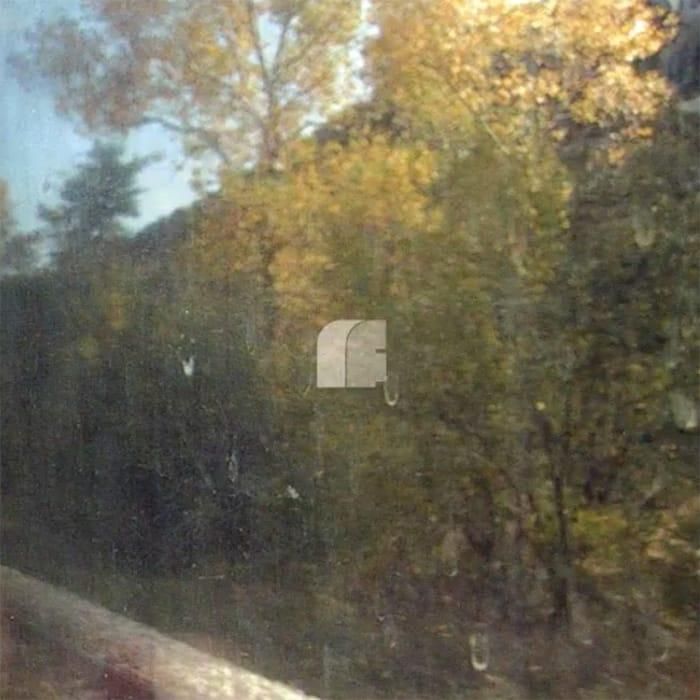Falls by Rf (Review)

Ryan Francesconi’s (who records under the RF moniker alongside various collaborators) previous album, 2002’s Interno, was a gorgeous blend of acoustic and electronic sounds, a stunning piece of digitally-processed music that was remarkable for both its warm richness and its methodical sense of construction. With 2004’s Falls, Francesconi continues to develop and deepen his unique sound, consistently managing to strike a fine balance between electronic and acoustic sounds, programmed and improvised composition, and the voices of both his human collaborators and his computer software.
The result is an album that doesn’t just entrance with its beauty but also raises the bar — not just for Francesconi’s future efforts, but also for any electronic music that crosses my path in the immediate future.
The album opens with “Falls (1)” and the haunting coos of vocalists Lily Storm and Moira Smiley. Reminiscent of the otherworldly Lucid, they’re joined by strings and warm electronics that can be heard slowly filtering through the vocals, before segueing into a much truer, fleshed out form in “Falls (2).” Soft electronics drizzle and gurgle in the background like a digitized spring shower, courtesy of Francesconi’s software, while the ghostly vocals intertwine with leisurely guitar and violin melodies.
It quickly becomes apparent that Francesconi seems less interested in developing the song per se as he is in exploring the different sonic permutations that arise as the “real” sounds interact with the “artificial” ones. Such exploration soon arrives at the point where it’s impossible to tell where the former ends and the latter begins.
Overall, Falls is a much mellower, sparser, and warmer recording than its predecessor. Clocking in at just over 65 minutes, the disc allows Francesconi plenty of time in which to mold and shape his sounds, be they laptop-generated glitch and glurp (to borrow Robert Rich’s term), subtle beats, violin, trumpet, guitar, gadulka, vocals, or field recordings.
In the case of “Fifth,” the result just seems to hover there, as solemn guitars meander amidst flecks and flurries of various digital flotsam and jetsam. The entire song is content to circle and spiral around the listener, absorbing any new elements (drones, strings, etc.) that Francesconi introduces with nary a ripple or disturbance.
In my Interno review, I noted that many of the songs had a rather elegiac, solemn feel to them. The same is true with Falls, perhaps even moreso. On “Mopmu,” a mournful violin winds its way through shimmering, gamelan-like tones and winded horns. One of the most stunning and evocative songs on the album, it’s also one of the most engaging, as a subtle, glurpy beat arises from the bell-like tones. The same goes for “Aid,” a piece of processed guitar that seems to drift overhead, occasionally joined by gentle vocoder caresses in a manner that suggests a much more pastoral and much less feedback-obsessed Mogwai (think Rock Action more than Young Team).
An on “Imaginary,” fluttering glitchiness and wavering tones shimmer and coalesce all about, evoking the finest of nostalgic summer days. Meanwhile, delicate female vocals drift and sigh, underscored by sparse bass and violin accompaniment. The song abounds in software manipulation, but it only enhances the song’s mood without ever sounding geeky or gimmicky.
Falls slowly winds down over the course of “Winter” and “Spring.” A languid acoustic guitar skirts across a gurgling, bubbling electronic surface as wordless vocals sigh in the background. As “Winter” unfolds, the electronics begin to grow in mass and volume, slowly enveloping the other sounds until they too dissolve into street field recording.
Another acoustic guitar lazily picks its way through “Spring,” along with ghostly vocals and electronics, before it also gives way to a field recording (this time, of a street scene in the midst of a gentle rainstorm). Perhaps not surprisingly, “Spring” has a much warmer and more reflective tone (implied, perhaps, by the album’s cover photo). As such, it feels like the inverse of “Winter.” As the two titles might imply, there’s a sense of thawing, of seasons changing that occurs, and the album ends on a note both nostalgic and content.
While certainly skilled technically (anyone who writes their own music software gets bonus points in my book), Francesconi possesses a nearly preternatural skill for finding unique connections between seemingly disparate sounds, and for bringing out the beauty from even the most mundane of sounds (such as the rather mundane field recordings that close out the album, and which become increasingly enthralling as a result of Francesconi’s subtle digital tweakings).
If you dissect the album track by track, which I’ve perhaps done a bit too much in this review, there are a few moments where the album lags, where some songs don’t seem to develop as strongly as others. However, this is very much an “album.” To truly “get it,” you can’t just listen to it piecemeal, even though there are individual tracks (“Mopmu,” “Imaginary”) that can stand on their own. You’ll need to block off at least 65 minutes of your day, a precious commodity in today’s hustle and bustle, to slow down and absorb this album, and to be absorbed by it. But the rewards are well worth it.